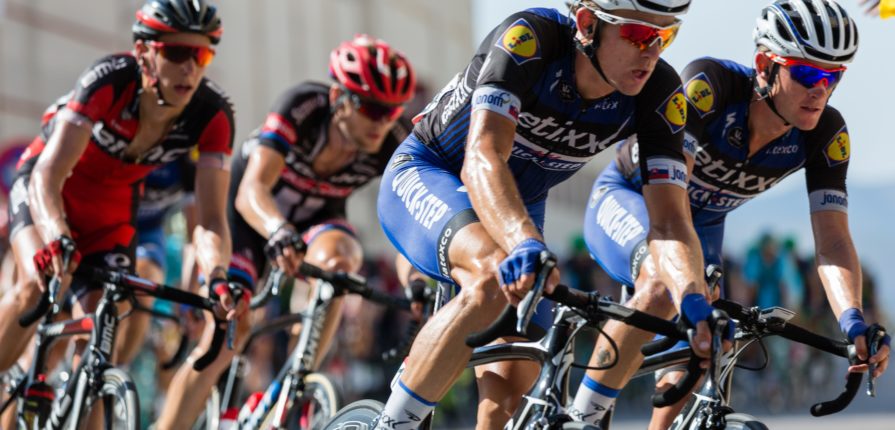Several worldwide competitions have banned the use of headphones and portable audio players, as it is considered a performance enhancer. Many athletes, especially runners, have protested this rule. But can music truly enhance athletic performance? The short answer is yes!
— July 15th, 2020
Dr. Costas Karageorghis, the world-leading researcher on music for performance — who has conduct 100+ scientific studies, explains that music can be “a type of legal performance-enhancing drug.” More so, music does not only enhance an athlete’s performance. It can also amplify a person’s power and strength.
Below, four remarkable ways in which music affects athletes:
- Allows dissociation
Dissociation refers to diverting the mind from sensations of fatigue that creep up and in during the performance.
- Promotes flow states for internal motivation
Flow involves an altered mental state of awareness during activity. Even though it is a feeling of energized focus, it seems the mind and body function on “auto-pilot” with minimal conscious effort.
Many athletes use music to get them “in the zone” as it enables them to put aside all other outside distractions and concentrate on what they want to accomplish.
- Synchronized music movements can shift your level of workout
Research supports the synchronistic aspect of rhythm as an important piece of skill and performance. For example, music can balance and adjust movement, thus prolonging performance.
- Music evokes emotions that enrich your enjoyment
Several studies have linked music with positive feelings and memories. Music can boost internal motivation by triggering good emotions, helping you experience much greater pleasure from the activity.
Thus, as you can see, music can positively impact the way you practice a sport, workout, or approach exercises.
This article is a re-post, with small modifications, of “4 Remarkable Ways Music Can Enhance Athletic Performance” by The Health Sciences Academy an article published on thehealthsciencesacademy.org


